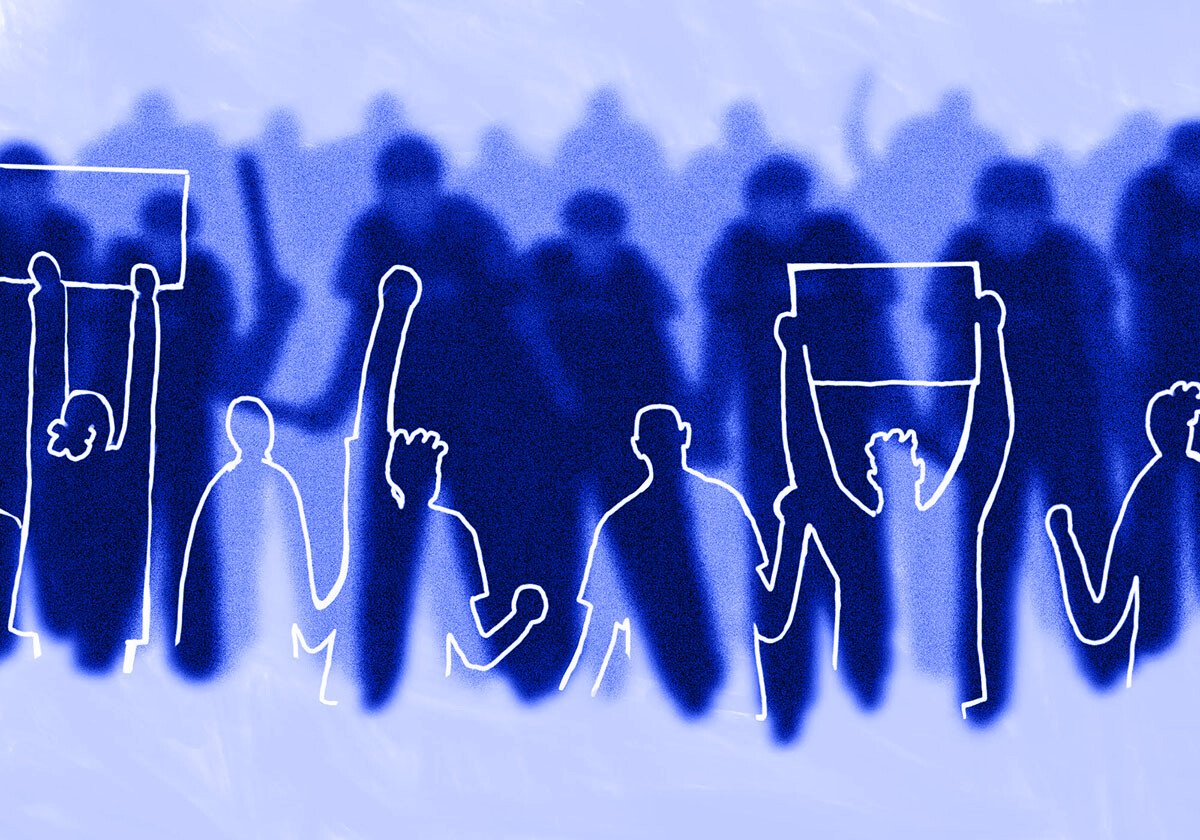
Title VI and the First Amendment
A research initiative studying the intersections of student expressive rights and anti-discrimination law
Widespread student protests related to the Israel-Gaza war, and university administrators’ responses, have raised numerous questions about speech rights on college campuses. In many instances, students participating in protests faced disciplinary proceedings, tightened rules about where and how they could protest, the cancellation of events, and sometimes even arrest. When pressed about whether these measures violated students’ expressive and associational rights, many university administrators invoked their obligations under Title VI of the Civil Rights Act, which prohibits discrimination on the basis of race, color, or nationality in programs or activities that receive federal funding.
There is little case law on how administrators should address complaints of discrimination and harassment arising from student protests or other activities that are generally protected by the First Amendment, and guidance issued by the Department of Justice’s Office for Civil Rights has not offered a clear framework for this. The Knight Institute has launched a research initiative to consider the relevance of Title VI to the campus protests, the relationship of Title VI to the First Amendment, and what lessons might be drawn from our collective experience with other civil rights statutes. This initiative included a convening of legal scholars in July 2024, as well as ongoing work through our litigation and policy programs. Essays, blog posts, and other material related to this project will be posted here.
Deep Dive
-
Title VI as a Jawbone
The fact that Title VI has come to possess such importance when it comes to regulating protest and political expression on campus raises significant First Amendment questions
By Evelyn Douek & Genevieve Lakier


